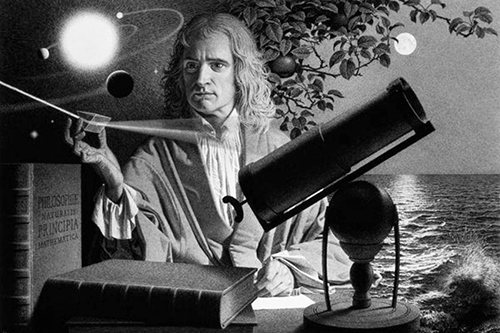Dialectical materialism
 Πάντα ῥεῖ [Everything flows]
Πάντα ῥεῖ [Everything flows]
Dialectical materialism is the philosophy or methodology of Marxism. Every political movement, party, or even statement of any kind bases itself, consciously or unconsciously, on some sort of philosophy or world outlook. Marxism is concerned with effecting a radical change in society, and therefore requires an exceptionally clear, thoroughgoing, and systemic set of philosophical principles.
The ideas of dialectical materialism, based on the best traditions of philosophical thought, are not a fixed dogma but a system of tools and general principles for analysing the world materialistically and scientifically.
The basic tenets of dialectical materialism are: that everything that exists is material and is derived from matter; that matter is in a process and constant change; and that all matter is interconnected and interdependent.
If we are to understand society in order to change it, this cannot be done arbitrarily, since the human will is not master of nature; rather, our ideas and thoughts are reflections of necessary material laws. Instead, we must seek to understand the laws of how human society changes.
For a structured approach to reading about the topic we have created this comprehensive reading guide about Marxist philosophy.
